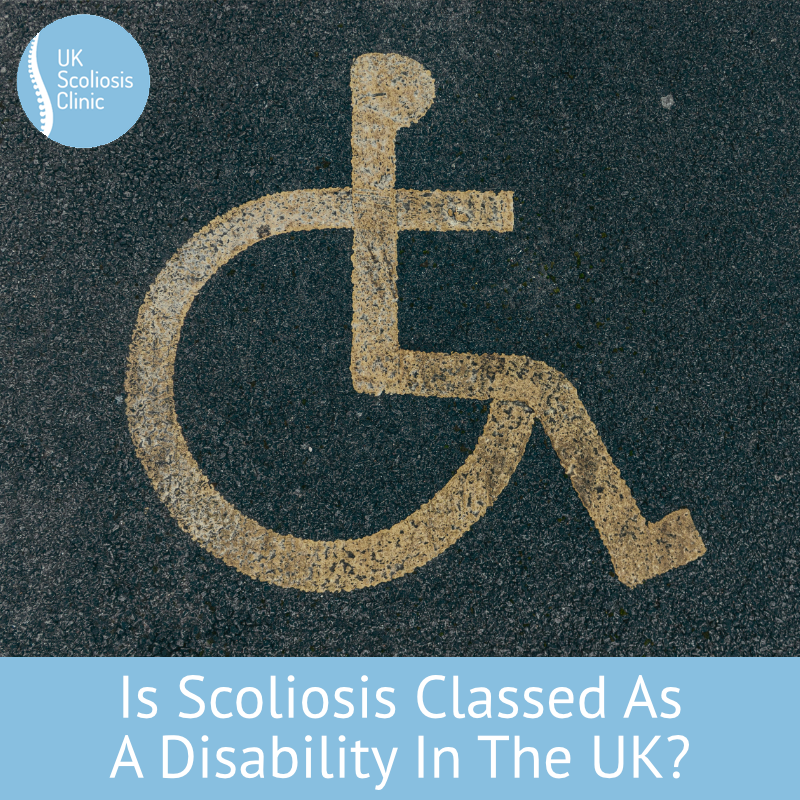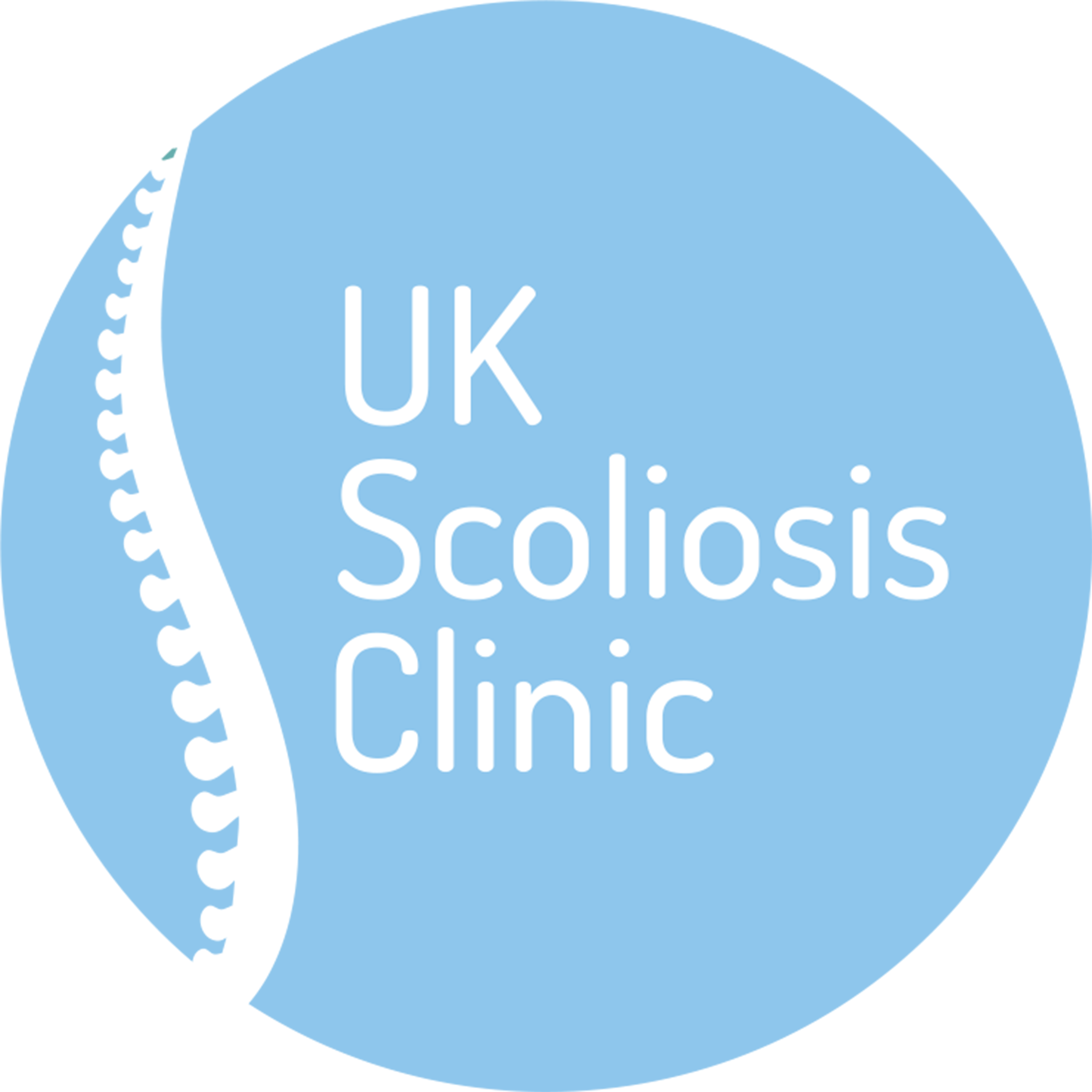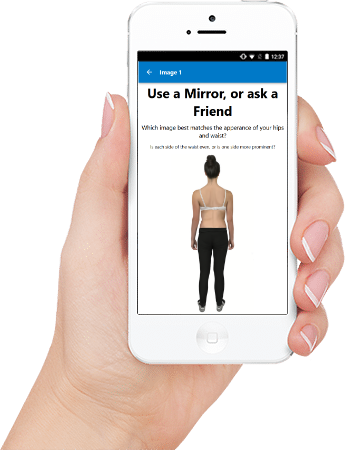
Scoliosis is an unusual condition since it can have a huge impact on someone’s life – or almost none at all. Many people with small Scoliosis cases never experience any significant disruption, whereas those with severe cures may even find they have trouble getting around. Scoliosis also sits in an unusual category, since it’s still viewed as a condition which is “permanent” even though today it’s often possible to correct it. With this in mind, does Scoliosis count as a disability?
Is Scoliosis a Disaiblity?
In the UK, disabilities tend to be defined not by the condition themselves, but more by the way they impact a person’s life – therefore, whether scoliosis is considered a disability in the UK depends on the severity of the condition and its impact on the person’s daily life.
Under the Equality Act 2010, scoliosis is considered a disability if it has a substantial, long-term adverse effect on a person’s ability to perform normal day-to-day activities. Long-term means that the condition has lasted, or is likely to last, for at least 12 months. This is already complex since people under treatment for Scoliosis will (hopefully) eventually overcome the condition, but how long this will take is very hard to say!
Because of the way that disabilities are assessed in the UK, it is therefore unlikely that Scoliosis will be counted as a disability on its own – you’ll need to prove that it makes living your life difficult.
Protection from discrimination
Slightly clearer is the position visa-vis The Equality Act 2010 – this act provides legal protection against discrimination in employment, education, housing, and other areas. In most cases, a scoliosis diagnosis would be an item which an employer, for example, would need to take into account as an aspect of ensuring equality. This means that employers, schools, and service providers are required to make reasonable adjustments to accommodate the needs of people with scoliosis.
Reasonable adjustments may include making physical adjustments to the workplace or school environment, such as providing ergonomic chairs or desks, allowing for breaks or adjustments to working hours, or providing assistive technology or devices.
Does Scoliosis qualify me for benefits?
People with scoliosis may be eligible for disability benefits in the UK, but only if the condition makes it difficult for them to live their lives normally. The Department for Work and Pensions (DWP) provides disability benefits to people who have a health condition or disability that affects their ability to work. The benefits include Personal Independence Payment (PIP), which helps with the extra costs of living with a long-term health condition or disability, and Employment and Support Allowance (ESA), which provides financial support for people who are unable to work due to their health condition or disability.
To be eligible for disability benefits, the person with scoliosis must show that their condition has a significant impact on their ability to work or perform day-to-day activities. The DWP uses a set of criteria to assess the severity of the condition and its impact on the person’s life. If the person meets the criteria, they may be eligible for disability benefits. As you may know, the bar for said benefits is often very high, so sadly it’s unlikely that you’ll be eligible unless your Scoliosis has caused significant mobility issues.
Is Scoliosis a disability?
Every scoliosis case is different, and the degree to which it impacts your life will be the biggest factor in deciding if it’s considered a disability and if you can receive benefits or support in the UK. In most cases, having Scoliosis alone won’t be enough to qualify you.
That being said, Under the Equality Act 2010, people with scoliosis are protected from discrimination, and employers, schools, and service providers are required to make reasonable adjustments to accommodate their needs.


